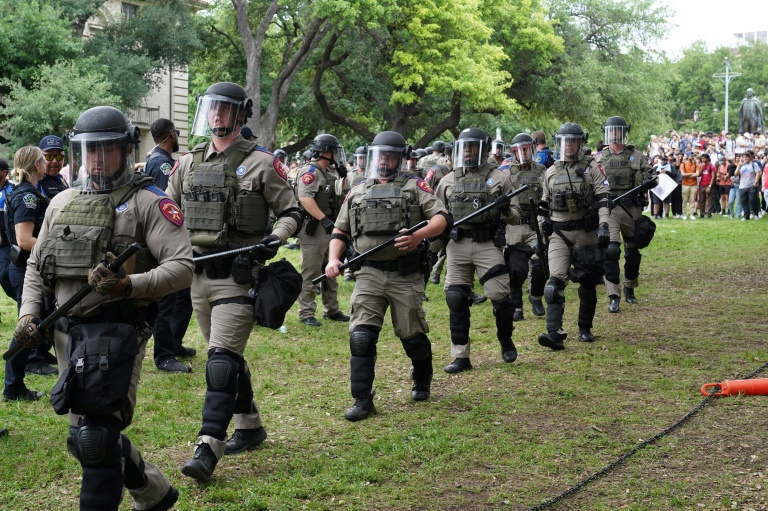
Solitude and Leadership
My title must seem like a contradiction. What can solitude have to do with leadership? Solitude means being alone, and leadership necessitates the presence of others—the people you’re leading. When we think about leadership in American history we are likely to think of Washington, at the head of an army, or Lincoln, at the head of a nation, or King, at the head of a movement—people with multitudes behind them, looking to them for direction. And when we think of solitude, we are apt to think of Thoreau, a man alone in the woods, keeping a journal and communing with nature in silence.
Leadership is what you are here to learn—the qualities of character and mind that will make you fit to command a platoon, and beyond that, perhaps, a company, a battalion, or, if you leave the military, a corporation, a foundation, a department of government. Solitude is what you have the least of here, especially as plebes. You don’t even have privacy, the opportunity simply to be physically alone, never mind solitude, the ability to be alone with your thoughts. And yet I submit to you that solitude is one of the most important necessities of true leadership. This lecture will be an attempt to explain why.
We need to begin by talking about what leadership really means. I just spent 10 years teaching at another institution that, like West Point, liked to talk a lot about leadership, Yale University. A school that some of you might have gone to had you not come here, that some of your friends might be going to. And if not Yale, then Harvard, Stanford, MIT, and so forth. These institutions, like West Point, also see their role as the training of leaders, constantly encourage their students, like West Point, to regard themselves as leaders among their peers and future leaders of society. Indeed, when we look around at the American elite, the people in charge of government, business, academia, and all our other major institutions—senators, judges, CEOs, college presidents, and so forth—we find that they come overwhelmingly either from the Ivy League and its peer institutions or from the service academies, especially West Point.






















